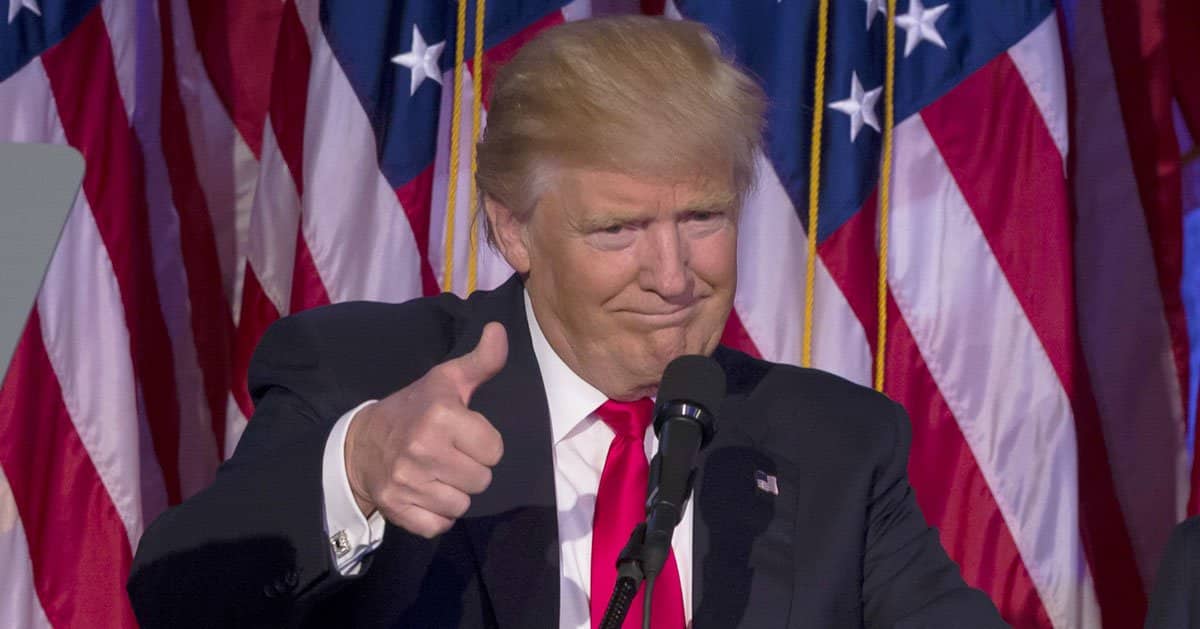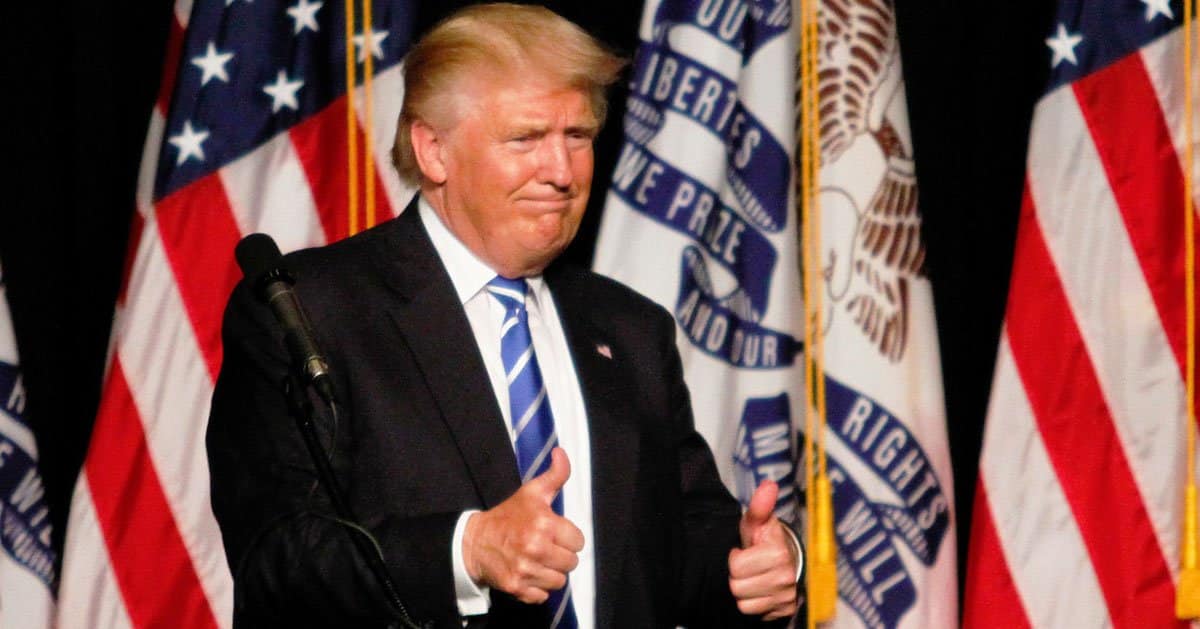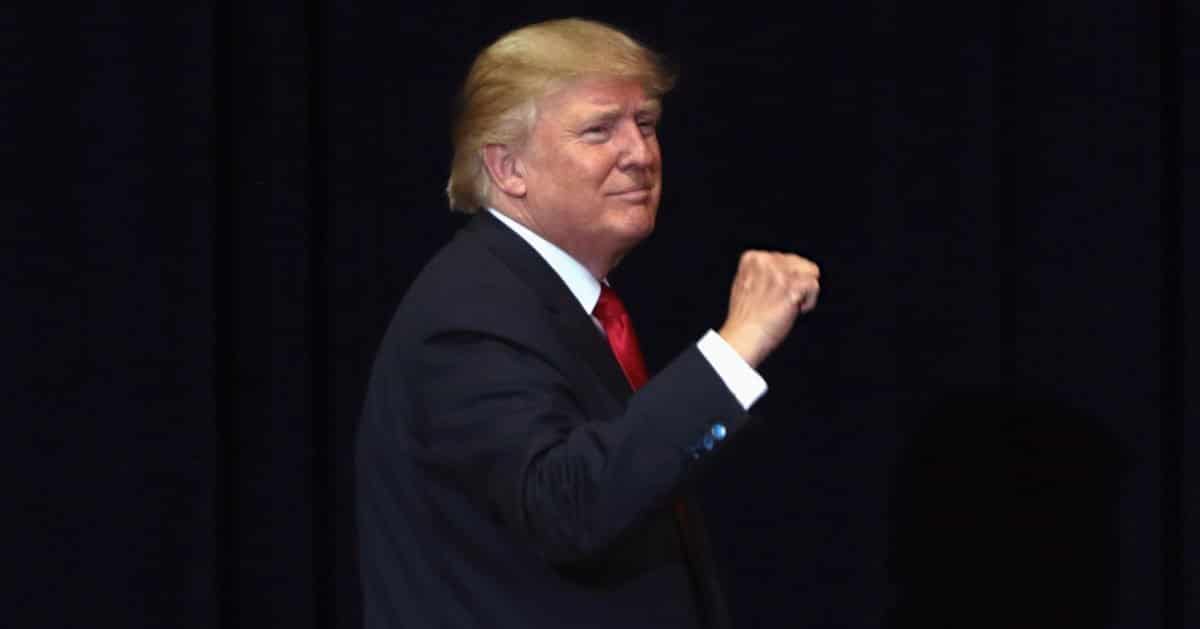








Amid ongoing debates over abortion rights, Senator JD Vance reveals a significant shift in former President Donald Trump's stance on federal abortion legislation.
NBC News reported that Trump, if re-elected, would veto a national abortion ban, reflecting an evolution in his position from past endorsements of restrictions.
On an episode of NBC News’ “Meet the Press,” Senator JD Vance of Ohio discussed the Republican Party's diverging views on abortion. Vance highlighted that, contrary to some members of his party, Trump would reject a nationwide ban if presented during his potential second term in office.
Trump's opposition to a universal ban was first voiced in April during a brief statement on an Atlanta tarmac. His succinct response, "No," left little room for ambiguity, contrasting with his earlier, more restrictive views.
In 2018, Trump had supported a bill to limit abortions to the first 20 weeks of pregnancy, a legislation that had already passed the House but failed to become law.
Historically, Trump's stance on abortion has varied significantly. While he praised the Supreme Court's 2023 decision to overturn Roe v. Wade, he had also endorsed a federal ban of 15 weeks during a 2023 radio interview, suggesting a more moderate position compared to his previous advocacy for a 20-week limit.
Vance's remarks on "Meet the Press" emphasize this shift: "Trump has 'explicitly' said he would veto a ban," indicating a clear departure from some current Republican proposals.
The complexity of Trump's views showcases a spectrum of opinions within the party, ranging from those advocating for more stringent limits to others who favor more moderate timelines or oppose federal intervention outright.
Senator Elizabeth Warren has been vocal in her criticism of Trump and Vance's stance, focusing on the potential repercussions for women's rights. Her stern message encapsulates the concerns of many who advocate for reproductive freedoms.
Warren's critique is potent, encapsulating broader fears about the future of abortion access in America: "American women are not stupid. We are not going to trust the futures of our daughters and granddaughters to two men who have openly bragged about blocking access to abortion for women all across this country," she stated.
These contrasting viewpoints within American politics highlight the ongoing national debate over how reproductive rights should be managed and who gets to make these critical decisions.
While discussing Trump's potential presidential actions, Vance argued that a presidential veto would be a necessary stance if Trump does not support the proposed legislation, underlining the significance of executive influence in shaping national policy.
Trump's declaration via a social media post in May 2023 also reflects his view on his influence over abortion rights, claiming a pivotal role in the overturning of Roe v. Wade: "After 50 years of failure, with nobody coming even close, I was able to kill Roe v. Wade, much to the ‘shock’ of everyone."
This acknowledgment not only reiterates his perceived impact on the judiciary but also his continuing influence on the nation's contentious abortion debate.
As the conversation on abortion rights continues, the disparities in viewpoints among leading figures in American politics underscore the deep divisions but also hint at possible shifts towards compromise or reconsideration of hard-line stances.
Trump's nuanced position, suggesting a 15-week compromise, reflects an attempt to bridge the staunchly divided opinions within his party and the broader American populace.
Whether this will lead to a concrete change in policy or merely serve as political rhetoric remains to be seen as the nation approaches another presidential election cycle.



